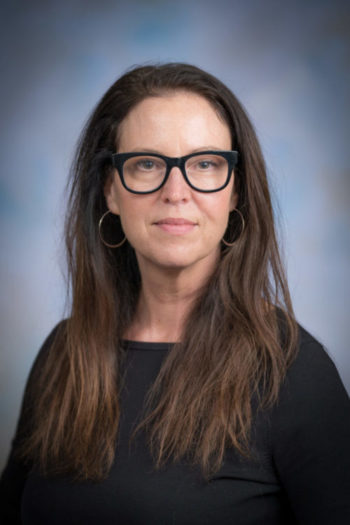Elissa Braunstein, professor of economics and research associate dean in the College of Liberal Arts at CSU, contributed her international expertise to a panel discussion on June 14 on the challenges and opportunities inherent in “creating a gender-just clean cooking sector.”
The virtual event was convened by the Advancing Sustainable Housing Energy Solutions program, a consortium of researchers, academics and practitioners seeking to enhance and support the adoption of clean, affordable household energy solutions. The consortium is hosted by CSU and funded by the United States Environmental Protection Agency.

Today’s panel was the first in a planned series of webinars on the gender impacts of cooking energy transitions. According to ASHES, “the clean energy sector faces significant challenges related to gender inequality, with women often excluded from decision-making processes and underrepresented in leadership positions.”
“Globally, women and girls perform more than three-quarters of unpaid care work, and cooking can be a very time-consuming and unhealthy part of that responsibility, especially in developing economies where collecting and burning traditional fuels are parts of the job,” said Braunstein. “At the same time, women have very little say in the sorts of investments made to encourage development and the transition to greener modes of production. A gender-aware approach to cooking energy transitions challenges these outcomes by supporting both gender equality and the improved well-being of women and girls.”
Braunstein was joined by two other experts in the field: Jillene Connors Belopolsky, the chief of staff and chief external affairs officer at the Clean Cooking Alliance, and Matthew Shupler, a postdoctoral research associate and quantitative lead for UK National Institute for Health Research CLEAN-Air(Africa) Global Health Research Group.
“Our discussion highlighted a number of instructive tensions in the adoption of clean cooking energy, created by social, institutional and economic constraints,” Braunstein said. “But we agreed that supporting cooking energy transitions is an incredibly promising and effective intervention for improving overall well-being for women and girls.”
Braunstein, who stepped into the research associate dean position in CLA in January 2023 after serving as chair of the Department of Economics, is also editor of the journal Feminist Economics and a former senior economist for the United Nations Conference on Trade and Development in Geneva, Switzerland. Her work focuses on the international and macroeconomic aspects of growth and development, with particular emphasis on the interactions between macroeconomic policy and gender equality. A widely published scholar, Braunstein has also consulted for numerous international development institutions, including UN Women, the International Labour Organization, the World Bank, the United Nations Department of Economic and Social Affairs, the United Nations Human Settlements Program, and the United Nations Research Institute on Social Development.